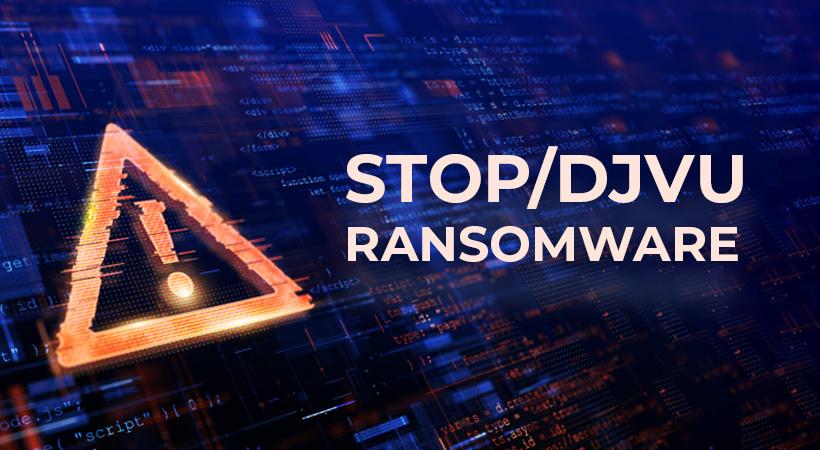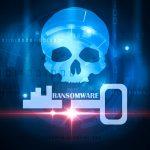The STOP/Djvu Ransomware Family Continues to Grow with LLEE Ransomware.
LLEE Ransomware is another infection that is part of the STOP/Djvu Ransomware family. Like its predecessors, it was discovered locking files and demanding a ransom fee to restore file access. If you tend to download free or pirated applications from torrent sites or cracked software pages, you may end up accidentally installing threats like LLEE Ransomware on your computer.
LLEE Ransomware can encrypt multiple file types, including photos, music, documents, and videos. Upon file encryption, the infection appends the .LLEE extension to encrypted files and leaves a ransom note named !README!.txt on the user’s desktop and in every folder containing affected files.
Unfortunately, the LLEE ransomware victims do not have access to a free decryption tool at the moment. The best way to get the encrypted files back is to restore them from a backup. If you do not have a file backup, research on the Internet for a dependable alternative data recovery service that might restore some of the encrypted files. Although the hackers behind LLEE Ransomware promise to provide a decryptor for payment, it is likely that you may pay and never receive the decryption tool with the key. Thus, it is strongly recommended that you refrain from paying these cybercriminals.
In terms of distribution, LLEE Ransomware spreads similarly to many other ransomware variants. It generally comes via spam, malware-laced websites, and peer-to-peer websites where malware-infested pirated software is distributed. Once access to the victim’s system is achieved, the ransomware encrypts important files and then demands a ransom in exchange for the decryption key. The decryption cost is $980, but the hackers offer a 50% discount if contact is established within the first 72 hours after infection.
How Do I Deal with an LLEE Ransomware Attack?
To protect yourself from an LLEE Ransomware attack, you should have a reputable malware remediation tool installed on your computer. That way, you can constantly scan for elements associated with this troublesome ransomware infection, as well as other malware.





